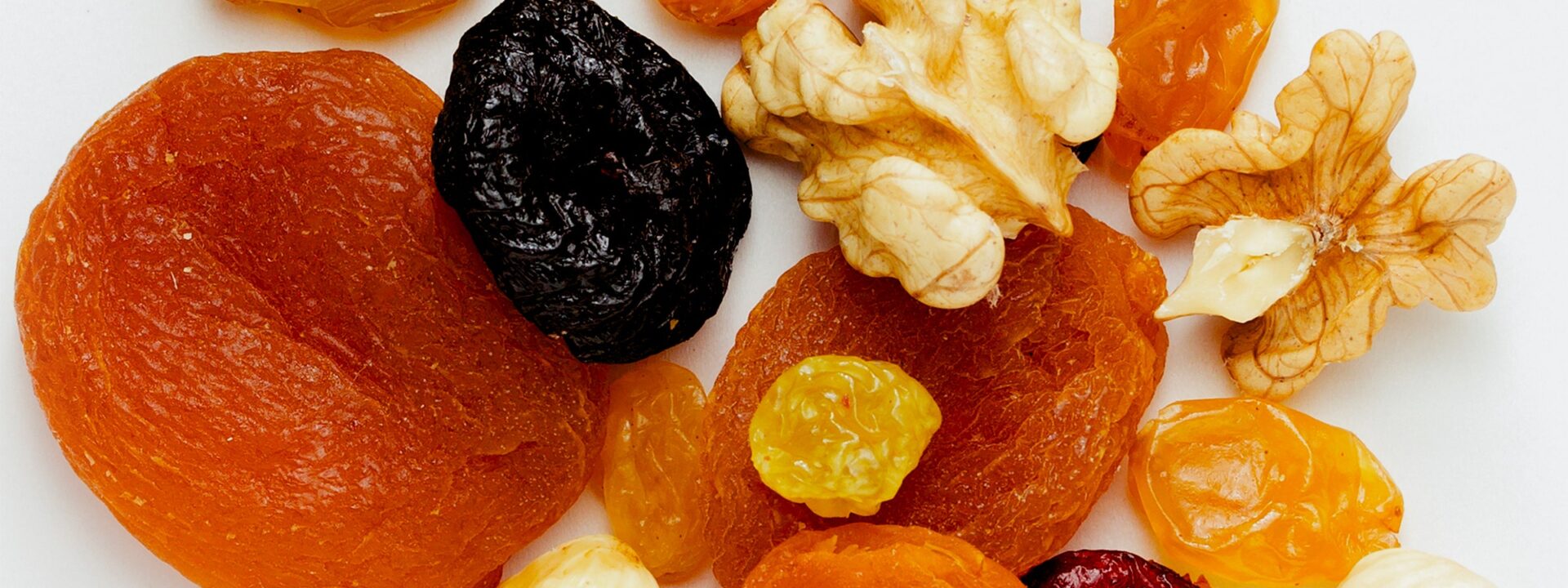We’ve all been there—grabbing a donut to cope with a tough Zoom meeting, reaching for chocolate to fight an afternoon slump, then trying to balance it out with a “healthy” snack like dried fruits and nuts.
While dried fruits and nuts are packed with nutrients, not all are equal when it comes to health benefits. Their impact also changes depending on when and why you eat them. That same apricot that gives you a morning boost might not be the best choice later in the day.
So, when is the best time to eat them? And does it really matter if you snack on pistachios before a workout versus after a nap? According to experts, yes—timing affects everything from energy and digestion to blood sugar and sleep quality.
The key isn’t the food itself but when you eat it. Here’s when to enjoy them, what to pair them with, and how to maximize their benefits—without overcomplicating snack time.
### When to Eat Dried Fruits and Nuts
Nutrition scientist Dr. Rhea Mehta explains, “Dried fruits and nuts are best eaten when your body is ready to absorb nutrients. They’re powerful foods, so if you eat them mindfully, your body will thank you.”
### Get the Mix Right
Hormones, metabolism, blood sugar, and activity levels all influence which options work best for you. Active people can better use natural sugars and fats after exercise, while those with a more sedentary lifestyle should eat smaller amounts earlier in the day to avoid fat storage.
“Dried fruits have a higher glycemic load, so they’re best eaten in moderation—ideally in the morning or before a workout. Nuts, on the other hand, have a low glycemic index and can be eaten anytime to stabilize blood sugar and prevent crashes,” says nutrition coach Payal Rangar.
Health conditions also play a role. Sports nutritionist Nicole Linhares Kedia recommends iron-rich raisins in the morning for those with heavy periods. For PMS relief, magnesium-rich pumpkin seeds, almonds, or walnuts in salads can help.
“Eating nuts before a high-carb meal can reduce blood sugar spikes, especially for people with diabetes or PCOS. Nuts are rich in fiber, healthy fats, and protein, which slow down carb digestion,” adds Kedia.
### Eat According to Your Goal
#### Boost Energy
Morning, afternoon, or pre-workout are all good times.
– “Almonds and walnuts provide steady morning energy, while dates and pistachios are great pre-workout for a quick boost. Cashews and raisins help beat the afternoon slump,” says Rangar.
– For quick energy: dates, raisins, apricots, figs.
– For lasting stamina: almonds, walnuts, cashews (rich in healthy fats and protein).
#### Weight Management
– Almonds, walnuts, and raisins are best eaten early in the day to allow time for metabolism.
– “Nut butter mid-morning or mid-afternoon can curb cravings without sugar crashes—just watch portion sizes. Avoid dried fruit late at night,” advises Mehta.
#### Digestive Health
– “Morning is ideal for fiber-rich options like prunes, figs, raisins, and almonds to support digestion. In the evening, opt for lighter fiber choices like dried apricots and walnuts to avoid bloating,” says Kedia.
– Late-night snacking on dried fruits and nuts can cause bloating or indigestion since metabolism slows at night. The natural sugars may ferment, leading to gas and discomfort.
#### Sleep Quality
Certain foods pair well with magnesium-rich nuts to improve relaxation and melatonin production.
– “Crushed pistachios or almonds with milk (which contains sleep-promoting tryptophan) can help. Almonds and walnuts with banana (rich in B6 and potassium) also act as natural muscle relaxants,” suggests Kedia.Dark cherries and nuts can help increase melatonin production. However, avoid nuts coated in sugar, like honey-roasted or chocolate-covered varieties, as they can cause energy spikes. Salty nuts may lead to dehydration and too much sodium in the body. Also, steer clear of caffeinated nuts, as they can interfere with melatonin and disrupt your sleep cycle.
